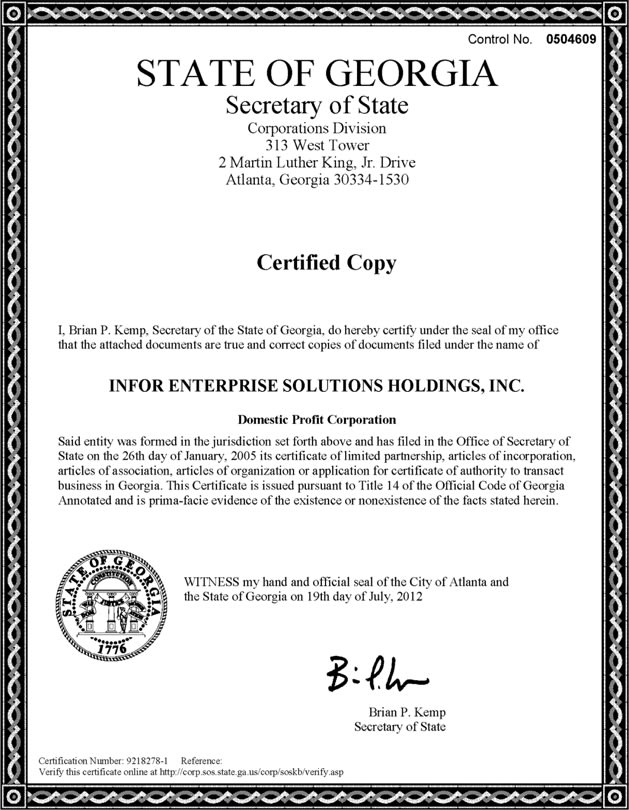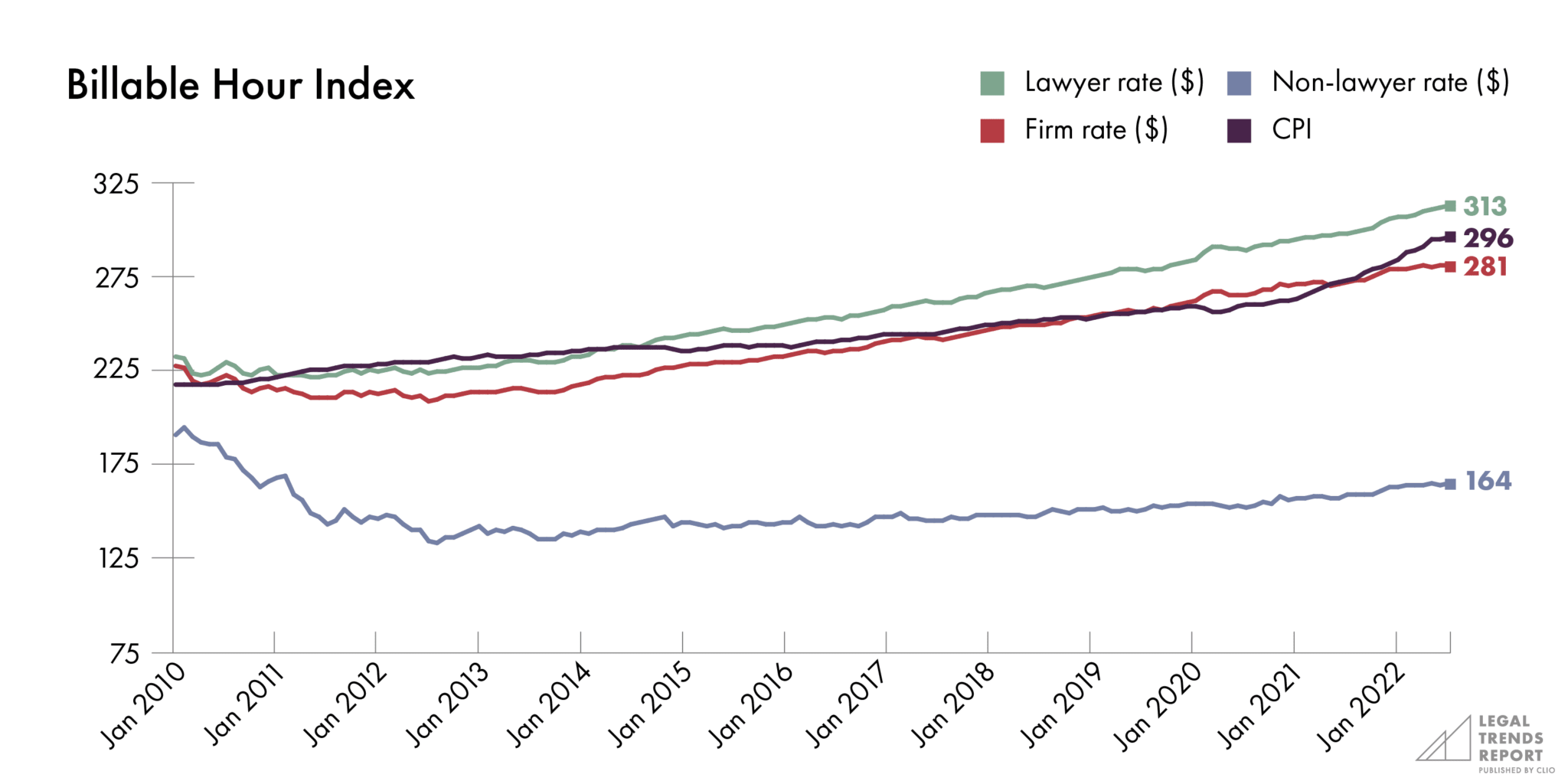The Ultimate 2024 Guide to Legal Consultation for Startups: According to Experts
Discover why startups need legal help, and which essential legal services to undertake. Learn about legal service costing and get legal advice from top business attorneys and startup owners.
 January 25, 2024
January 25, 2024 8 minute reading
8 minute reading
“It can be flat-out brutal as a first-time business owner,” says Zach Robbins, founder at Loanfolk, a resource hub for credit building and personal loans.
Understanding commercial contracts, financial matters, protecting intellectual property, and managing data and HR policies—there’s only so much an entrepreneur can be expected to handle on their own.
Many startup owners are reluctant to take on heavy law firm costs, especially at the bootstrap stage, but a legal consultant can be a more affordable solution to getting the council you need.
“For each startup I've built, it became apparent that expert-level legal counsel was required. I’ve experienced the positive impact of professional legal advice. It's not just a cost center.” says Robbins.
However, not all business tasks need legal intervention. You don’t need a lawyer to obtain a business license, but you should work with an Intellectual Property consultant when it comes to patenting your innovations.
In this guide, we’ll look at the essential legal services needed for a startup, and which documents to seek legal help for. We’ll also take a look at legal service costing, and find out how to find the best legal consultants.
Hire an expert legal consultant on Fiverr
Why do startups need legal consultation?
Legally establishing a business requires more than just a ton of paperwork. Depending on your business model and industry, you need to know what kind of legal entity to choose, plan for risks and exits, and make sure you’re compliant with your industry regulations.
“Founders who are new to running their own business benefit the most from early-stage legal support,” says Mark Maclean, Director and Legal Consultant at Straight Line Legal Ltd, a legal consultancy specializing in startup law. “There is a huge benefit to having a legal roadmap laid out at the beginning because we can nip any tricky legal issues in the bud before they become real problems.”
1. Legal Structure and Formation
Do you need an LLC, corporation, or partnership? Legal consultants will choose the best business structure for your business, and draft the documents required. Establishing the right legal structure is fundamental as it impacts various aspects of the business—taxation, liability, and governance.
Choosing a business structure involves defining key elements such as ownership distribution, management roles, and decision-making processes. Work with a business attorney to ensure that your business is set up with a strong legal foundation, positioning it for growth and success.
2. Intellectual Property Protection
Most startup owners are aware they need to protect their intellectual property. But how do you go about it? If you have an innovative idea, product, or R&D, you might need to patent it, or apply for a Provisional Patent officially. Be careful of how much of your innovation you disclose and reveal to third parties (such as investors or vendors).
“As an Intellectual Property Attorney, my task is to help startups identify and protect important aspects of their innovations,” says David Roccio, intellectual property law attorney at Lando & Anastasi in Boston, MA.
For an intellectual property law attorney, their day-to-day is spent arguing with patent examiners about whether a patent should be granted to an invention. It’s not uncommon for startups and patent examiners to disagree, which can be a long and expensive back-and-forth process.
“I council my startup clients on how to submit just the commercial aspect of their innovation, or a similar strategy to help them get the patent in short notice—so they can use the patent for promotions and attracting more investors,” Roccio says.
3. Compliance, Regulatory and Contractual issues
Ensuring compliance with laws and regulations helps avoid legal complications and penalties.
“Sectors have different regulatory requirements,” says Maclean. “Financial businesses must follow a code of conduct, while other industries have industry-standard contract terms. If you deal with consumers directly, there are consumer-protection laws to follow.”
If you’re operating in a highly regulated industry, running and expanding your business is a legal matter. For example, Katie Devoe is an entrepreneur in the natural supplement industry and had to navigate the legal labyrinth that accompanies the production and marketing of her products.
“When I first started my natural products company, I had the foresight to recognize the complexity of the regulatory terrain that lay ahead,” says Devoe,Owner and Co-Founder of CBD Nationwide. “Legal guidance was particularly crucial to our company in our decision to extend business across international boundaries.”
Clear and well-drafted contracts are important not just for preventing legal issues and disputes, but also for for establishing relationships. Ensure you’re following employee labor laws and fair workplace practices to avoid lawsuits later on.
4. Funding and Financing
Proper legal structures and agreements are critical for securing funding and investor confidence. A legal consultant ensures that your interests are secured during funding rounds.
“I provided legal expertise during an elaborate negotiation for seed financing for a startup,” says Loretta Kilday, Esq. Senior Attorney, specializing in Personal Finance and Bankruptcy. “My intervention permitted them to renegotiate critical aspects, leading to a better agreement that protected their long-term interests and offered clearer, more stable financial standing.”
Artūras Asakavičius is the co-founder and CEO of Breezit, a vendor-first event planning community. Working with legal expertise made a big difference during Breezit’s fundraising rounds.
“Understanding the legal intricacies of venture capital investments and shareholder agreements helped us navigate negotiations effectively. It protected our interests and built trust with investors since we displayed due diligence,” says Asakavičius.
5. Exit Strategies
Planning for exit strategies is important for long-term business sustainability. A legal consultant can advise on exit strategies such as mergers, acquisitions, or IPOs—and protect stakeholders during exit processes.
What legal documents are required for a startup?
Starting a business involves preparing and organizing various legal documents to establish a solid foundation and comply with regulatory requirements. Here's a list of essential legal documents for startups.
We’ve also mentioned which ones you need legal help for, and which ones you don’t. Attorneys are expensive—many of these documents are straightforward and can be filed online with your state website.
“Having good, clear, and concise legal documentation in place from the outset helps to properly regulate matters,” says Joshua Hobson, Corporate Solicitor at Rollits, a Yorkshire-based commercial law firm. “It also ‘tells a good story’ for any potential investors who will review documentation during due diligence—since it gives a good impression of how the company is run and organized.”
On Fiverr, you can work with freelance contract attorneys for affordable help with all startup legal documents.
Articles of Incorporation/Formation
For corporations, the Articles of Incorporation are filed with the state to formally establish the company. For LLCs, Articles of Organization perform a similar function. It specifies details such as business name, registered agent, and share structure.

Sample Incorporation document. Source
Incorporation documents do not explicitly require a lawyer and can be filed online with several filing services, or directly on your state website.
However, as a small business, you may need legal advice from a business law expert during the business formation stage—for decisions like choosing between an LLC or a Corporation.
Operating Agreement/Bylaws
An Operating Agreement for LLCs or Bylaws for corporations has rules that outline how the company will be run, addressing ownership structure, decision-making processes, and management responsibilities.
As a new business, it’s recommended that you work with a startup lawyer to draft your operating agreement. If you want to draft it yourself, try to get a startup attorney to review your draft before it’s signed and finalized.
Avoid free templates, even though they’re easy to find online. They tend to be too generic and leave loopholes or clauses that can be exploited.
Sample Bylaws for Corporations by RocketLawyer.
Employment Contracts
These are clearly defined contracts for employees, including terms of employment, responsibilities, stock options, compensation, and confidentiality agreements.
Employment contracts may also include a non-compete clause, which restricts employees or key stakeholders from competing with the company for a specified time and within a defined geographic area after leaving.
Human resource professionals are usually equipped to draft employment contracts. A new startup company without an HR team can benefit from working with business lawyers or an expert in employment and labor law.
Founder's Agreement
This is an agreement among the startup founders outlining equity distribution, roles, responsibilities, and decision-making processes.
You should seek an attorney’s help with a Founder’s agreement since a corporate law expert can help define roles in your company. Startups can sometimes deliberate over whether a core team member should be appointed co-founder or not, and a legal consultant can help with this.
You may also need to have a Shareholder Agreement which defines the rights and responsibilities of shareholders. This included buy-sell provisions and dispute-resolution mechanisms.
Customer Contracts/Service Agreements/Vendor/Supplier Contracts
Customer Contracts outline the terms and conditions under which the startup provides goods or services to customers, including pricing, payment terms, and obligations.
Agreements with suppliers or vendors detail terms, conditions, and expectations for the supply of goods or services.
Depending on the complexity of your business model, and the legal jurisdiction around your chosen industry, you may need to consult a legal expert.
However, this is a one-time legal need. A legal consultant will help you draft an air-tight agreement that you can use repeatedly with all your customers or vendors.
Here are some other legal documents startups require. Most of these do not need a legal attorney’s direct involvement but are a nice-to-have on a case by case basis.
Non-Disclosure Agreement (NDA): Protects sensitive information by legally requiring parties not to disclose specified information to others.
Privacy Policy: Specifies how the company collects, uses, and protects customer or user data in compliance with privacy laws.
Terms of Service (TOS) or Terms and Conditions: Outlines the rules and guidelines for the use of the startup's products or services.
Employer Identification Number (EIN): Obtained from the IRS, the EIN is necessary for tax purposes and is used to identify the business entity.
Business Licenses and Permits: Various licenses and permits are required by federal, state, and local authorities to operate legally within a specific jurisdiction.
Financial Documents: Financial statements, including income statements, balance sheets, and cash flow statements, are important for internal management and potential investors.
Insurance Policies: Necessary business insurance coverage, including general liability, professional liability, and property insurance.
How much do legal services cost for startups?
Lawyers charge either an hourly rate or a flat rate. In some cases, such as personal injury, law firms may work with a contingency fee—which means payment depends on a successful outcome of the case.
Typically, legal consultants for startups work by the hour. They may provide a free consultation to understand the business, but will not offer legal advice.
According to marketplace data on ContractsCounsel, the hourly rate for legal consultation ranges between $250-$350.
Multiple factors determine hourly costs, and this applies to law firms, independent attorneys, and legal consultants. One of the main factors is where you live. According to 2022 Clio data, the hourly rate for law firms in New York was $355, and $163 in West Virginia.
Another determining factor is years of experience and specialization. Business lawyers with a few years of experience may be more affordable than corporate lawyers specializing in financial debt with a decade of experience.

Billable hour index over years 2010-2022. Source.
How to hire a legal consultant on Fiverr
On Fiverr’s marketplace, you can access top legal consultants for startup legal advice. Here’s how to find a legal consultant.
Step 1. Sign up on Fiverr.

Step 2. Click on Business, and then choose from the ‘Financial and Legal Consulting’ services.

Step 3. Choose Legal Consulting, and then the type of legal service you need. For this article, we’re looking at General Legal Advice.

Step 4. You can now filter the results by your budget or by seller level.

Step 5. Choose a legal consultant. Make sure you take a look at their detailed gig description, and pricing details, and go through previous buyer reviews on their page.

You can message the seller on Fiverr’s secure messaging platform about any questions you may have, and hire them on Fiverr only once you’re ready.
Find a legal consultant on Fiverr today
Whether you need general legal consulting, legal research, or business registration help—Fiverr has vetted legal professionals to help with your startup.
Hire an expert legal consultant on Fiverr
Sign up on Fiverr to find experienced legal consultants today.
